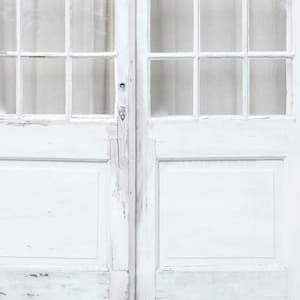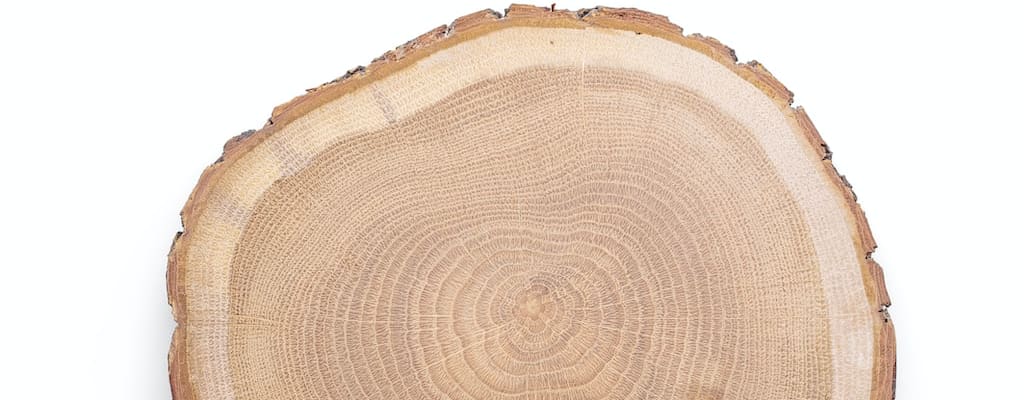knock on wood: Idiom Meaning and Origin
What does ‘knock on wood’ mean?
The idiom "knock on wood" is used when someone wants to express a hope or wish that something continues to be good or successful in the future.

Idiom Explorer
The idiom "knock on heaven's door" means to be near or at death's door, to be in a critical or life-threatening condition.
The idiom "knock on heaven's door" is a commonly used phrase in English. It refers to someone who is nearing death, using the metaphor of approaching the door to heaven and entering the afterlife. Derived from Christian beliefs, heaven is seen as a celestial dwelling place for the souls of the righteous.
The idiom "knocking on heaven's door" is used metaphorically to describe someone who is near death or in a desperate situation. It can also refer to someone who is on the verge of achieving a final goal or reaching an important milestone.
The idiom "keep one's pecker up" means to remain cheerful and positive in difficult or challenging situations.
The idiom "keep one's fingers crossed" means to hope for good luck or success. It is often used when someone is wishing for a positive outcome or outcome of an event.
The idiom "I wish" is used to express a desire for something that is unlikely or impossible to happen in reality. It enables people to communicate their hopes or dreams, often highlighting a contrast between what is desired and what is actually true.
The idiom "it's all good" is used to express that everything is okay or there are no problems. It is often used to reassure others or to indicate that there is no reason to be worried or concerned.
The idiom "if only" is used to express a strong wish or regret about something that is impossible or unlikely to happen. It conveys a sense of nostalgia or longing for a different outcome.
The idiom "if only" is commonly used in English language and has a specific meaning. This phrase expresses regret or a wish for things to be different. It implies a desire for a different outcome, a past action that one wishes they could change, or a longing for something that is currently unattainable.
The idiom "hope against hope" means to continue hoping for something despite there being little or no chance of it happening.
The idiom "hit the jackpot" means to achieve a great success or obtain an unexpected, significant gain, often in a financial sense.
The idiom "hit the jackpot" is a well-known phrase in American vernacular that is rooted in gambling terminology. This idiom is often used to express the idea of achieving great success by luck or chance.
The idiom "good run" means a period of success or achievement in a particular activity or endeavor.
In the realm of idioms, the phrase "good run" holds a unique place. Derived from the sports domain, this idiom has a rich history intertwined with the achievements and endurance associated with running.
The Origin Mystery of 'Knock on Wood'
The idiom "knock on wood" is commonly used to express a desire for good luck or to avoid tempting fate. This phrase is used when making a statement that could be seen as tempting fate or tempting something bad to happen, and the action of knocking on wood is believed to prevent that from occurring. The origins of this idiom are uncertain, with various theories and potential sources.
One commonly suggested origin of this idiom comes from the superstition that spirits or supernatural beings reside in trees. By knocking on wood, it was believed that one could summon the protection of these spirits or beings, assuring good luck or warding off evil. This belief in the protective qualities of wood has ancient roots, found in different cultures throughout history.
Another theory suggests that the idiom may have its origins in early Christian beliefs. The wood being referred to is believed to be the wood of the cross on which Jesus Christ was crucified. Knocking on wood would then symbolize a plea to God for protection and good fortune, drawing on the power and significance of the crucifixion.
It is also possible that the origin of this idiom lies in the practice of tapping or knocking on wooden structures to test their authenticity or solidity. Knocking on wood could serve as a metaphorical expression of one's wish for a positive outcome or the avoidance of undesirable events. This interpretation aligns with the modern usage of the idiom, as it is often employed to avoid jinxing a favorable situation.
Despite the uncertainty surrounding its exact origins, the phrase "knock on wood" has become deeply ingrained in popular culture and remains widely used today. It has become a reflexive action for some, performed automatically when expressing a desire for continued good fortune or when acknowledging a moment of luck.
The related idiom "keep one's fingers crossed" shares a similar sentiment with "knock on wood." Both idioms express a desire for good luck or a positive outcome. "Keep one's fingers crossed" means to hope for the best and to wish for positive results. It is often used when someone is anticipating an outcome or waiting for news.
Another related idiom is "gift from above." This phrase is used to describe something fortunate or unexpected that has happened, as if it were a gift from a higher power or divine intervention. It signifies the belief that good things can happen in unexpected ways and that one should be grateful for these blessings.
The idiom "hope against hope" also relates to "knock on wood" as it conveys the idea of holding onto hope in a desperate or unlikely situation. It means to continue hoping even when there seems to be little or no chance of success. This idiom emphasizes the power of optimism and perseverance in the face of adversity.
While the exact origins of "knock on wood" may remain uncertain, its meaning and usage have become deeply ingrained in popular culture. The act of physically engaging with wood through knocking, touching, or even saying these words reflects the instinctual need to manifest good luck through action. Regardless of its origins, the idiom continues to persist as a reminder of the human fascination with maintaining and securing good fortune.
Example usage
1. "I haven't been sick in years, knock on wood." This example shows the use of the idiom to express a desire for continued good fortune or luck, particularly in relation to one's health.
2. "I've been doing really well in my classes this semester, knock on wood." Here, the idiom is used to acknowledge and hope for the continuation of positive academic performance.
3. "I've never been in a car accident, knock on wood." In this sentence, the idiom is used to express a wish for safety and to avoid tempting fate or bad luck in relation to road accidents.
More "Superstition" idioms

